The Brookvale Brewing Company sold its first beer 70 years ago
These days Brookvale is home to several microbreweries but 70 years ago it was home to one of only four breweries in the whole of Sydney.
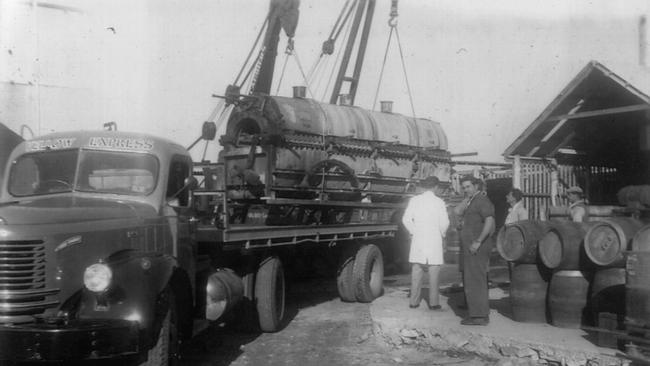
Manly
Don't miss out on the headlines from Manly. Followed categories will be added to My News.
These days Brookvale is home to several microbreweries but 70 years ago it was home to one of only four breweries in the whole of Sydney.
Sadly, it survived for only a few years.
After World War II, Warringah Council was keen to develop Brookvale beyond its rural roots and into a centre of industry.
But anyone trying to establish a new business in the area faced an uphill battle – despite the huge demand for goods and services, credit was hard to obtain and most building materials were in short supply.
One of the companies that did brave those difficult days sought to tap into the market for another commodity that was also in short supply – beer.
The history of the Brookvale Brewing Company is almost a microcosm of the post-war industrial history of the area – a largely immigrant population, hard-working but poorly resourced, struggling against the monopolistic control of established businesses and tight-fisted banks.
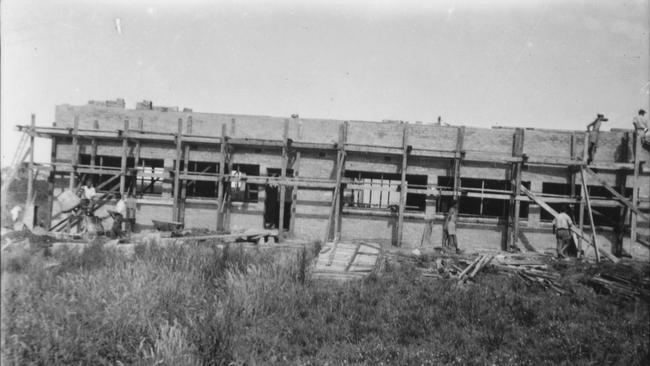
It was also a story of shared hardship and local solidarity, and support from an enthusiastic council.
The founders of the brewery were naturalised Czech-born Vladimir ‘Val’ Yanco and Czech Ales Maria Kapral, who came to Brookvale about 1948 seeking land on which to establish a factory.
Kapral was an industrial chemist who lived at 22 Ozone St, Freshwater, while Yanco was an engineer who lived at 46 Edward St, Dee Why, and later at 7 Austral Ave, North Manly.
Kapral had formerly managed a large Czechoslovak firm that had produced agricultural chemistry supplies.
On the corner of Mitchell Rd and Wattle Rd at Brookvale, Kapral and Yanco found a block of land owned by brothers Nick and Frank Tomaino, who agreed to exchange the land for shares in the brewery.
In late 1950, Kapral, who had arrived in Australia in January 1949, applied to the Full Bench of the Licensing Court for a brewer’s licence.
But it was far from smooth sailing – the Department of Building Materials complained that it had been told the building under construction at Brookvale was for the production of glucose and malt, not beer, so a stop-work order was issued for the factory and the Licensing Court adjoined Kapral’s application for a brewer’s licence.
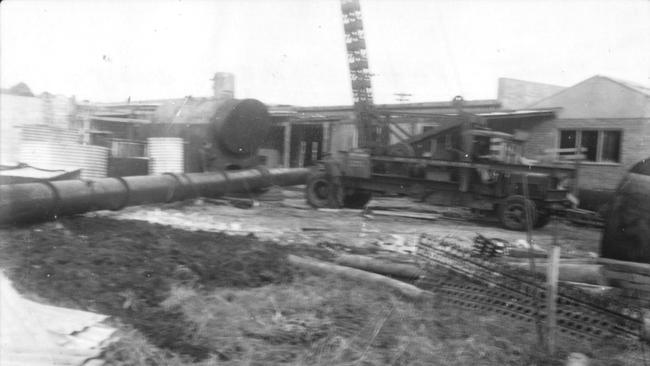
In April 1951, the Licensing Court finally granted Kapral a licence to make beer at Brookvale, using glucose instead of sugar to produce a dark pilsener and a light lager.
Kapral said at the time that he hoped to produce 2000 gallons of beer each week, most of which would go to clubs.
Almost immediately, the Sydney-based Union of Registered Workers’ Clubs entered discussions with Kapral about taking a financial stake in the company and, through its interest in the company, to have an interest in subsidiaries to be set up in the elsewhere in the state.
The Brookvale company would produce beer concentrates that would be transported to country centres for processing, saving costs of shipping and carting.
At the time, the Union of Registered Workers’ Clubs represented 8000 members of workers’ clubs in Sydney, Newcastle, Lithgow, Wollongong, Cessnock, Weston, West Wallsend and Helensburgh, so it was an important market for the Brookvale company.
Most hotels and clubs in NSW were locked into arrangements with one or other of the three large breweries in Sydney – Tooth and Co, Toohey’s and Kent Brewery – who also held shares in some of the hotels and clubs.
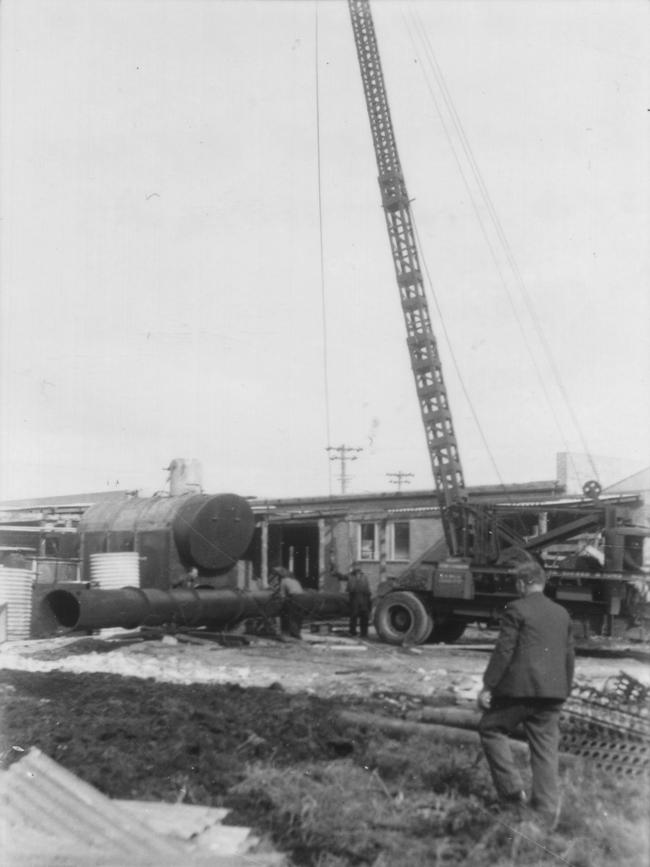
Across the road from the brewery lived Marin Alagich, who not only became foreman of the brewery for five years and held the all-important certificates to operate the boiler and refrigeration plant but who also took shares in the company and even allowed his backyard to be used as a depot.
It was Alagich who approached Warringah Council for guidance and found the council all too happy to lend a hand to the new enterprise.
The soil on the Tomaino land was soft and wet, which made building difficult, but the council’s staff gave all the help they could, even designing a septic tank for the brewery to make up for the lack of a sewerage system.
The brewery was built entirely by local labour, mainly newly-arrived Italians, and took a year to build, the dearth of building materials being the main cause of delay.
And not only were building materials in short supply, so too were some of the essential ingredients of making beer – sugar, hops and yeast.
Glucose extract was used instead of sugar and dry yeast instead of fresh, while hops could only be obtained from two growers in Tasmania.
Even new bottles were hard to get – and expensive when they were available – so second-hand bottles had to be used despite the time and cost of properly cleaning them.
The only things in plentiful supply were the labels for the bottles.
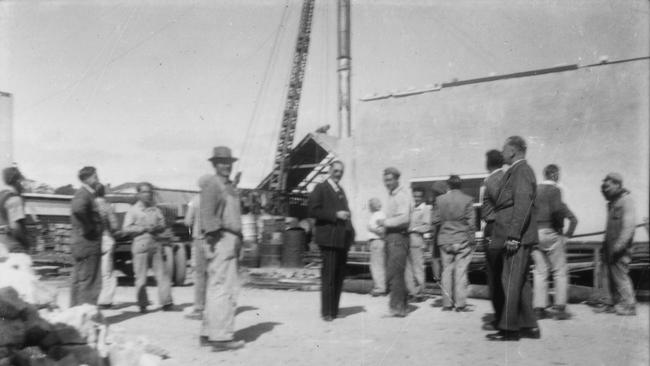
The companies set by Kaplan and Yanco included Brookvale Holdings Ltd, Brookvale Brewing Company Pty Ltd, Brookvale Brewing Supplies Pty Ltd, Agricola Pty Ltd, Agricola Investments Pty Ltd, Brookvale Engineering Company Pty Ltd, Aromas Manufacturing Chemists and Distillers Pty Ltd, Pilsener Malt Pty Ltd, Warringah Transport Co Pty Ltd, United Spirit Merchants Pty Ltd and they Australian Malt and Glucose Factory Pty Ltd.
They also held a controlling interest in the Maitland Brewing Company.
Production of beer at Brookvale began in early 1952 and the first brews from the factory, based as they were on substitutes, were far from satisfactory, but once reliable sources of the ingredients became available and a professional brewer formerly with Tooth’s came on board, the Brookvale brewery began to produce a very acceptable drop.
The mainstay of the plant as Union Pilsener but Honey Stout was also brewed and some was even exported to Singapore.
The quality of the Brookvale brew was not enough to knock the large breweries off their perches – the big brewers simply shut the Brookie boys out of the hotel trade, leaving them the relative crumbs of a few workingmen’s or ex-servicemen’s clubs like the Harbord Digger’s Club.
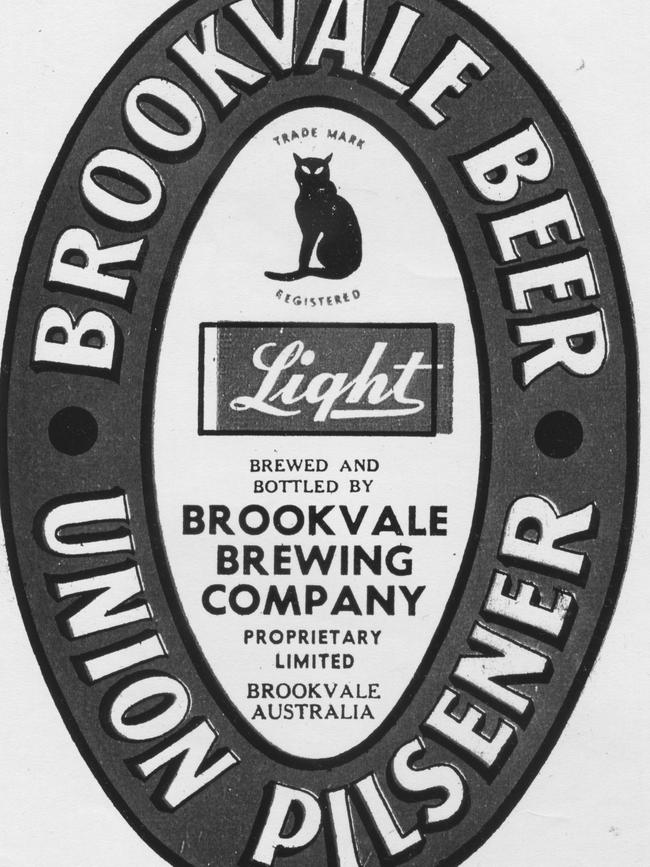
Indeed, many of the company’s shareholders were trade union clubs, particularly in the Hunter and Illawarra districts.
Although the Brookvale company mainly sold its beers through clubs, it also sold it to the Crecy Hotel in Oxford St, near Taylor Square, in Sydney.
But it was only sold on draught because of the shortage of bottles.
The licensee of the Crecy Hotel, Bill Wilson, told a Sydney newspaper that he had struggled to find enough beer to sell until he reached an arrangement with the Brookvale brewery.
“Until I got beer from the Brookvale brewery, I could pull beer only three hours a day,” he said.
“Even then I could sell middies only. It was a fight to keep going.
“Now I have beer on all day – Saturdays and holidays – and give customers pints and schooners when they want them.
“I cannot get enough bottled beer from other breweries but I bottle Brookvale beer for people who bring their own quarts. Or I give them beer in anything they bring.”
By April 1952, the Brookvale brewery was selling draught beer to three other hotels in Sydney and by early 1953 was selling to five hotels and 25 clubs, and also arranged with order agencies to sell its beers at Katoomba and Wollongong.
Despite the difficulties of competing with the major breweries, the Brookvale brewery battled on through the early 1950s, managing to build a new factory and install new equipment, while employing up to 90 locals and producing a locally-popular brew.
There was also a “guests’ bar” on the site that received favourable patronage after hours, especially on Fridays.
The brewery even sponsored a local junior soccer team.
Problems faced by the Brookvale Brewing Co in the mid-1950s included the introduction of 10pm closing, which reduced the demand for beer, and the licensing of previously unlicensed clubs which then obtained their supplies from one of the major breweries.
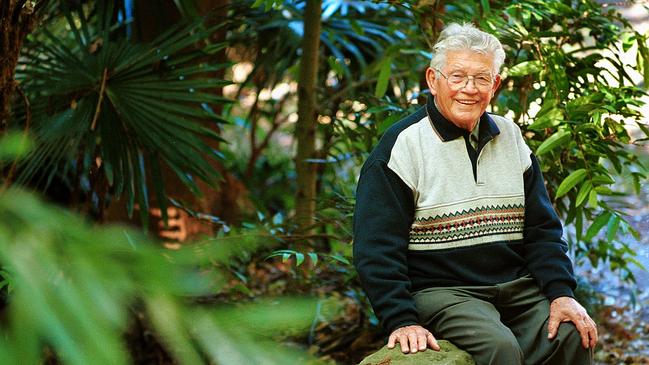
Despite these setbacks, the upgrading and improvement of its equipment and the employment of a full-time chemist to oversee production led to an improvement in the quality of the beer that the brewery was producing.
But a good product and local support were not enough, especially at a time when beer was becoming more plentiful, and the Brookvale brewery’s sales declined.
As well as the major breweries in Sydney, breweries at Grafton, Lithgow and Mudgee were also producing beer.
Although the Brookvale plant had the capacity to produce more than 45,000 litres a week, a market could be found for less than 10,000 litres.
But the brewery needed to sell more than 13,000 litres a week just to break even.
Eventually the Brookvale Brewing Co succumbed to the financial realities and was wound up in September 1956 and the brewery’s equipment were sold at auction in November 1956
The shareholders lost a major part of their investment, the workers lost their jobs, Brookvale lost one its major post-war industries and the peninsula lost a good local drop.


